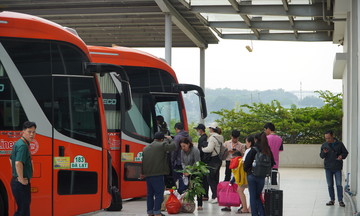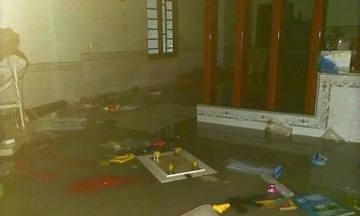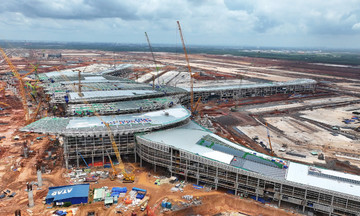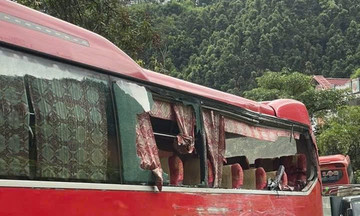On 12/8, Hanoi Metro issued a statement explaining why some customers with lithium-ion battery-powered folding bikes were denied service that morning.
"To date, the company has not issued any regulations prohibiting passengers from bringing battery-powered folding bikes onto the urban railway lines 2A Cat Linh - Ha Dong and 3.1 Nhon - Cau Giay," the statement said.
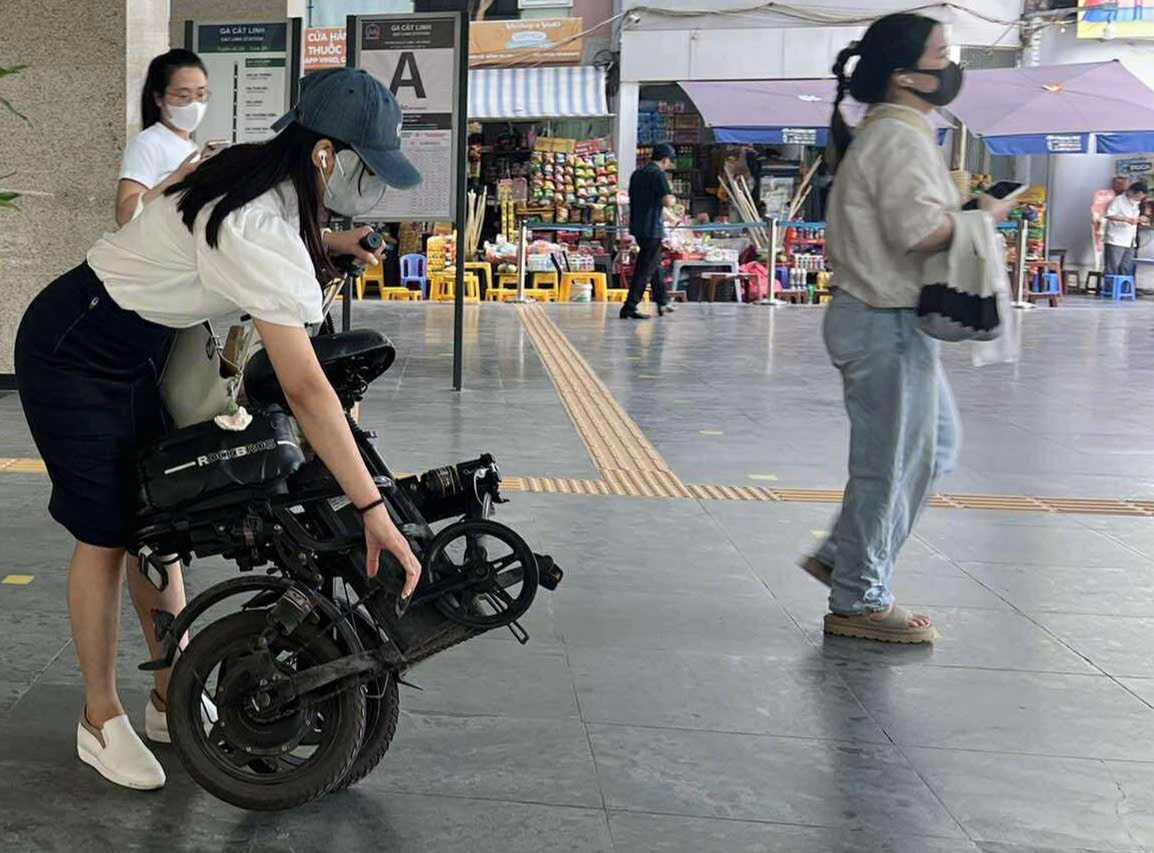 |
A passenger uses an electric bicycle at Cat Linh station, morning of 12/8. Photo: Dinh Truong |
A passenger uses an electric bicycle at Cat Linh station, morning of 12/8. Photo: Dinh Truong
According to Hanoi Metro, during research and direction, some company staff informed passengers they could not bring lithium-ion battery-powered folding bikes onto the urban railway lines on the morning of 12/8, affecting passenger travel. Company leadership subsequently requested that service to passengers with folding bikes be resumed.
The company requests and encourages passengers to increase their use of buses and public bicycles. If passengers need to bring folding bikes on trains, they are asked to limit the use of lithium-ion battery-powered ones, especially during peak hours with high passenger volume, to prevent and minimize fire risks.
Lithium-ion batteries are rechargeable batteries that use lithium ions to transfer electrical charge. They are widely used in electronic devices such as phones, laptops, electric vehicles, and many other applications due to their high energy density, light weight, and long lifespan. However, this type of battery is also a potential fire hazard.
Hanoi currently has two operating urban railway lines. The Cat Linh - Ha Dong line has been operating since 11/2021, currently transporting an average of 45,000 passengers daily. The Nhon - Hanoi station line has been serving passengers since 8/2024, with an average daily ridership of 19,000 to 21,000.
Vo Hai




